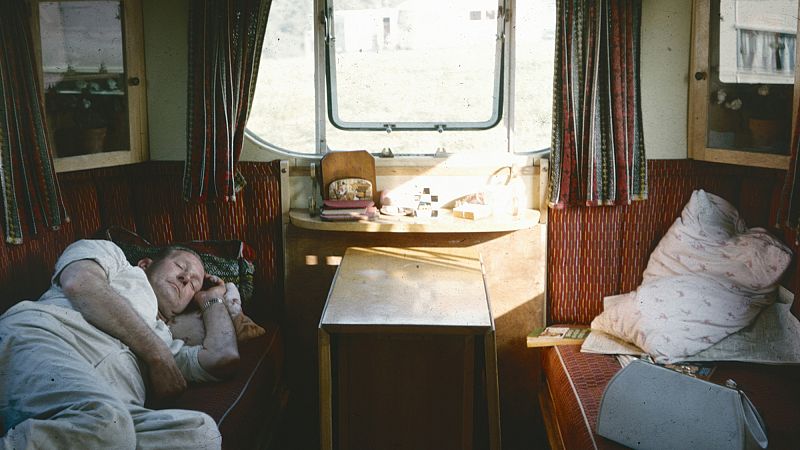
Sleeper trains are undeniably the transport of the moment right now. New routes have received a flurry of media attention, and travellers are bumping a night on the rails to the top of their bucket lists.
In fact, passenger data from France suggests night trains could continue to see record traveller numbers - if only supply could meet the demand.
According to a recent report by French climate campaign group Réseau Action Climat, the biggest challenge facing the success of sleeper services is a lack of trains.
France's night trains see record passengers in 2024
Night trains in France are on track to be one of the country’s most popular forms of transport. 2024 was a record year for the sleeper services, with more than a million passengers using them in France.
Night trains were 76 per cent full on average, and even more than 80 per cent full on the two main routes, Paris-Toulouse and Paris-Nice.
The line between Paris and Toulouse attracted nearly 100,000 additional passengers between 2019 and 2024 (growth of 64 per cent).
Night trains are becoming an increasingly popular option with business travellers, who made up 30 per cent of users in 2023.
On the only two international lines (Paris-Vienna and Paris-Berlin), passenger numbers were also high, despite numerous delays and a three-month suspension of services in 2024.
According to a survey by the Europe on Rails collective, 72 per cent of French people would be willing to take the night train if the ticket price was acceptable and the connection available.
France is struggling to meet night train demand
While these soaring passenger numbers should be a positive sign, France’s limited fleet of trains can’t cope with the demand.
In fact, this is forcing travellers to choose alternative, often more polluting forms of transport, or cancel their trip completely, the climate group’s report found.
To relieve congestion on existing lines and open new ones, it found, France needs to expand its fleet far beyond the current 129 sleeper cars.
Plus, lines need to expand to connect cities other than Paris to other European hubs.
Night trains are a multi-beneficial solution
The report stresses that getting night trains back on the right track would have multiple benefits.
Firstly, they are an effective way of connecting rural or isolated areas with cities without requiring passengers to change mid-journey.
Although longer than flying, night trains are also a more environmentally friendly way to get between Europe’s major cities.
Of the 10 main air links from France to the rest of Europe, at least six could be made by night train (Paris-Madrid, Paris-Barcelona, Paris-Milan, Paris-Rome, Nice-London, Paris-Venice).
Choosing a sleeper service over a high-speed TGV daytime equivalent can also save you money.
The night train from Paris to Toulouse, for example, starts at nearly €30 cheaper than the TGV, and you don’t need to pay for a night in a hotel.
How France can revolutionise its night train offering
The report proposes two options for expansion with a deadline of 2035.
The less ambitious goal is to reach a fleet of 340 sleeper cars, which would allow for the reopening of lines such as Paris-Barcelona or Nice-Strasbourg.
This scenario would make it possible to transport 3.6 million passengers and save 400,000 tonnes of CO2 equivalent, it says.
The more ambitious proposal is to expand to 600 cars, which is the fleet size recommended by the Ministry of Transport's 2024 report on night trains.
This would allow for the reopening of lines such as Paris-Venice or Bordeaux-Lyon, making it possible to transport 5.8 million passengers and save 800,000 tonnes of CO2 equivalent.
By 2040, the report proposes an expansion to 1,200 cars, which would pave the way for international lines without going through Paris (e.g., Lyon-Rome, Nantes-Barcelona, Marseille-London).
These would carry 12 million passengers and save 2 million tons of CO2 equivalent.
“The record ridership in 2024 demonstrates the French people's appetite for night trains,” Réseau Action Climat writes.
“Political will was there when it came to reversing the trend in 2020 and relaunching night lines. It is needed again today to change the scale.”







